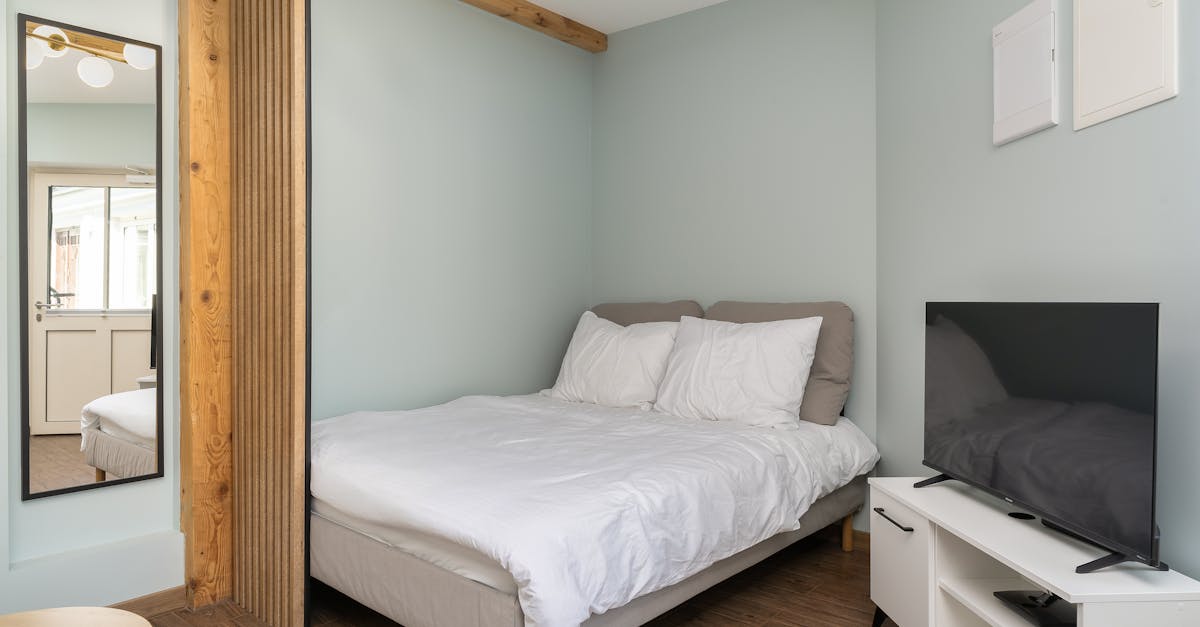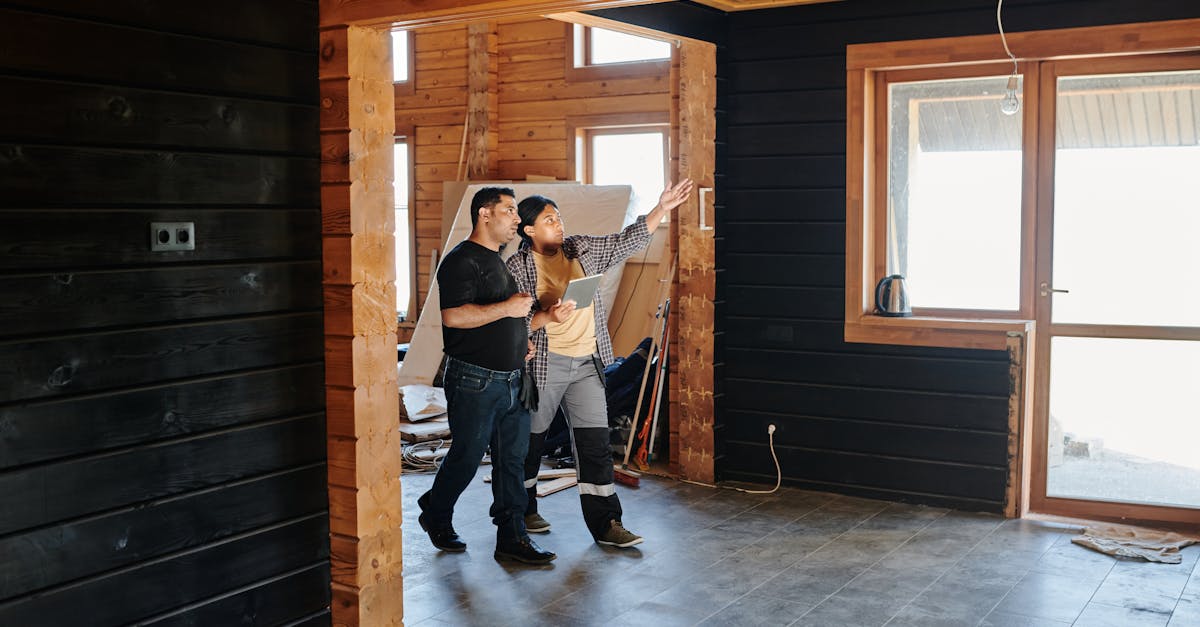Reupholstering Furniture A Beginners Guide
Introduction
Reupholstering furniture can breathe new life into well-loved pieces, giving them a fresh look and feel. Not only is it a cost-effective alternative to buying new, but it's also a rewarding DIY project. In this guide, we'll explore the basics of reupholstering furniture, perfect for beginners eager to start.
Advertisement
Understanding Reupholstering
Reupholstering involves removing old fabric and replacing it with new material, while often refreshing the padding and structure. It is an opportunity to customize furniture with chosen colors, textures, and patterns. Whether dealing with chairs, sofas, or ottomans, understanding these basics is crucial to any successful reupholstering project.
Advertisement
Tools and Materials Needed
Before diving into your project, gather essential tools such as staples, staple puller, scissors, sewing machine, and upholstery tacks. Additionally, you'll need fabric, foam, batting, and sometimes new springs or webbing. Having everything ready beforehand helps streamline the reupholstering process.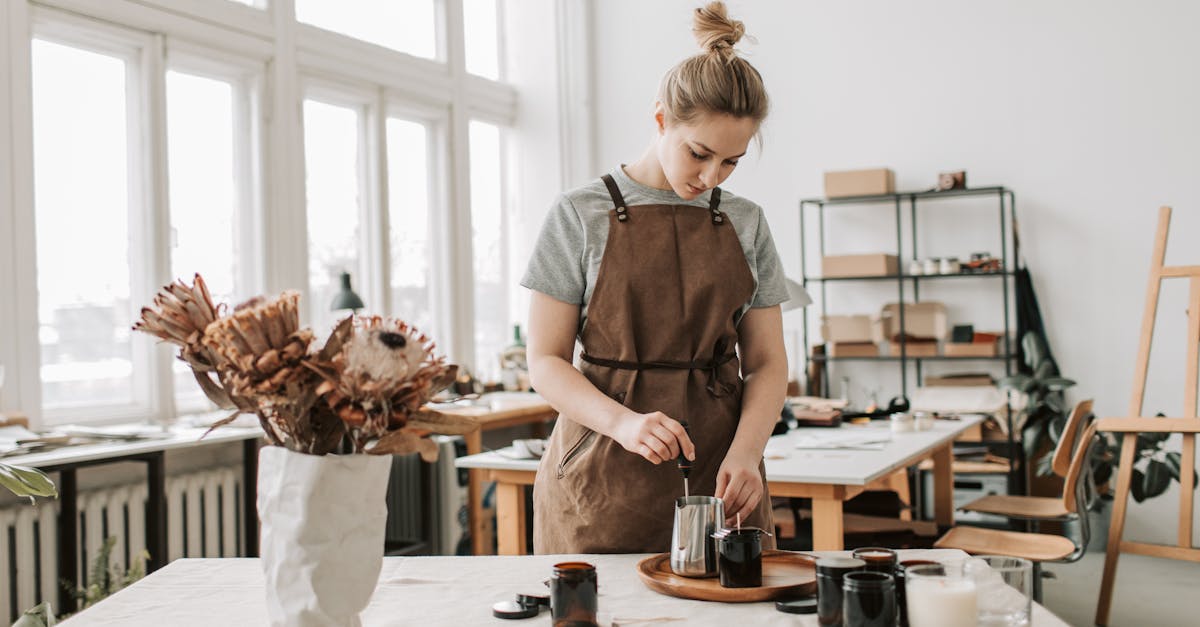
Advertisement
Choosing the Right Fabric
Selecting fabric is both fun and vital. Consider durability, texture, and ease of cleaning based on the furniture's use. Heavy-duty fabrics are ideal for items in frequent use, while lighter materials suit decorative pieces. Ensure fabric choice complements your room's aesthetic, blending or popping as desired.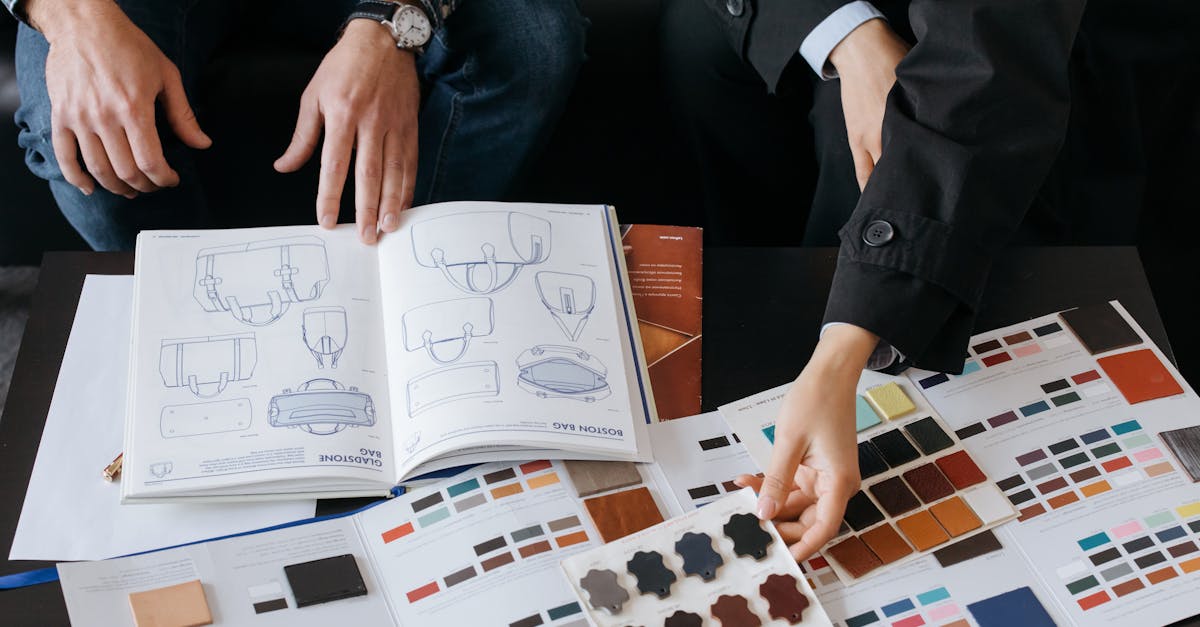
Advertisement
Disassembling the Furniture
Carefully remove the old fabric by deconstructing the furniture piece. Take photographs or notes to remember how it fits together. This stage is crucial as it determines how easily you'll be able to reassemble the piece seamlessly. Handling this part with care prevents any undue damage to the structure.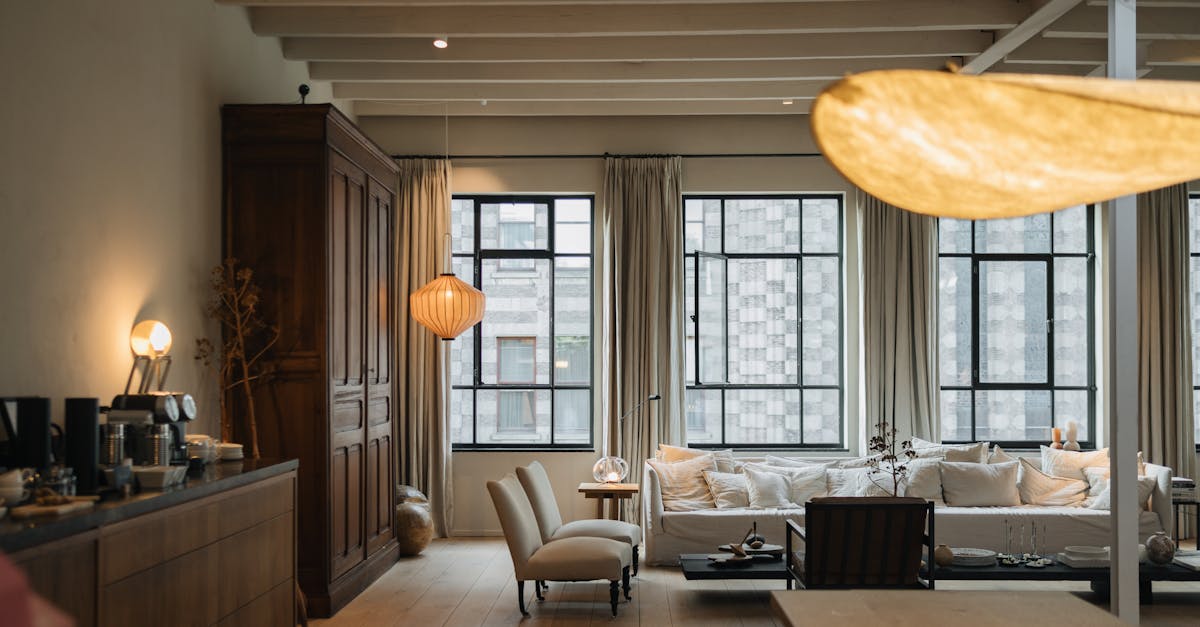
Advertisement
Cutting and Sewing the Fabric
Use the removed fabric as a template to cut your new fabric, adding an extra inch or so for seam allowances. If the piece requires sewing, ensure seams are sturdy to withstand daily wear. This precision in cutting and sewing ensures the fabric fits snugly and looks professionally done.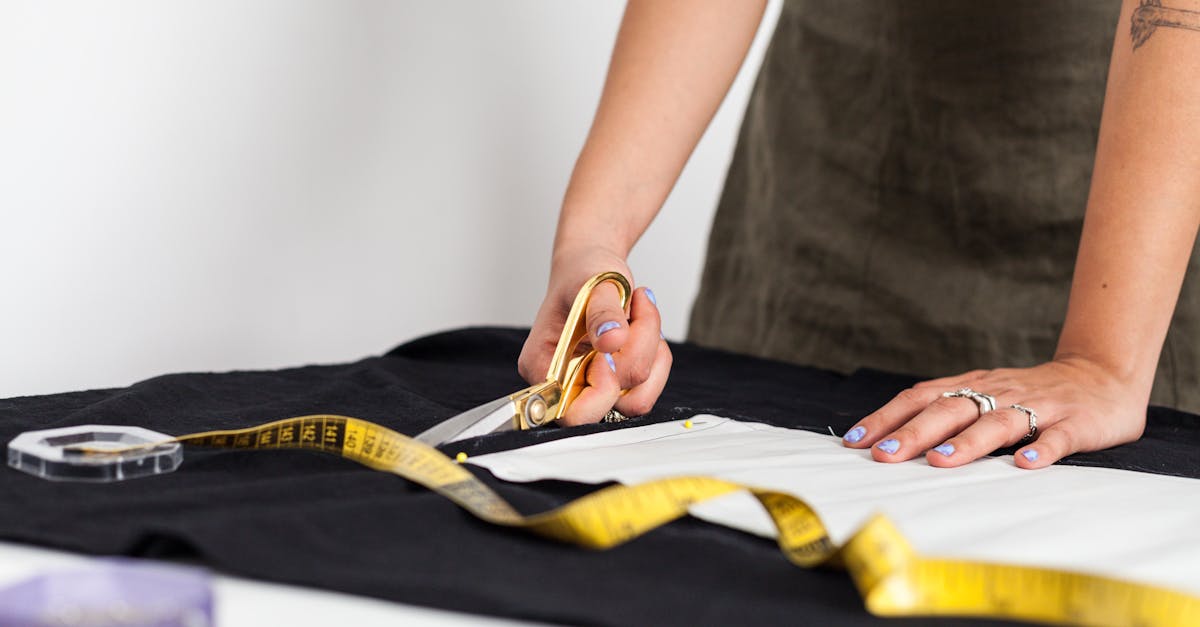
Advertisement
Applying the New Fabric
Stretch the new fabric over the furniture, securing it tautly using a staple gun. Start stapling from the center and work your way outwards to avoid puckering. Smooth out any wrinkles before securing, giving the piece a crisp, clean finish. This step is where your furniture truly begins to transform.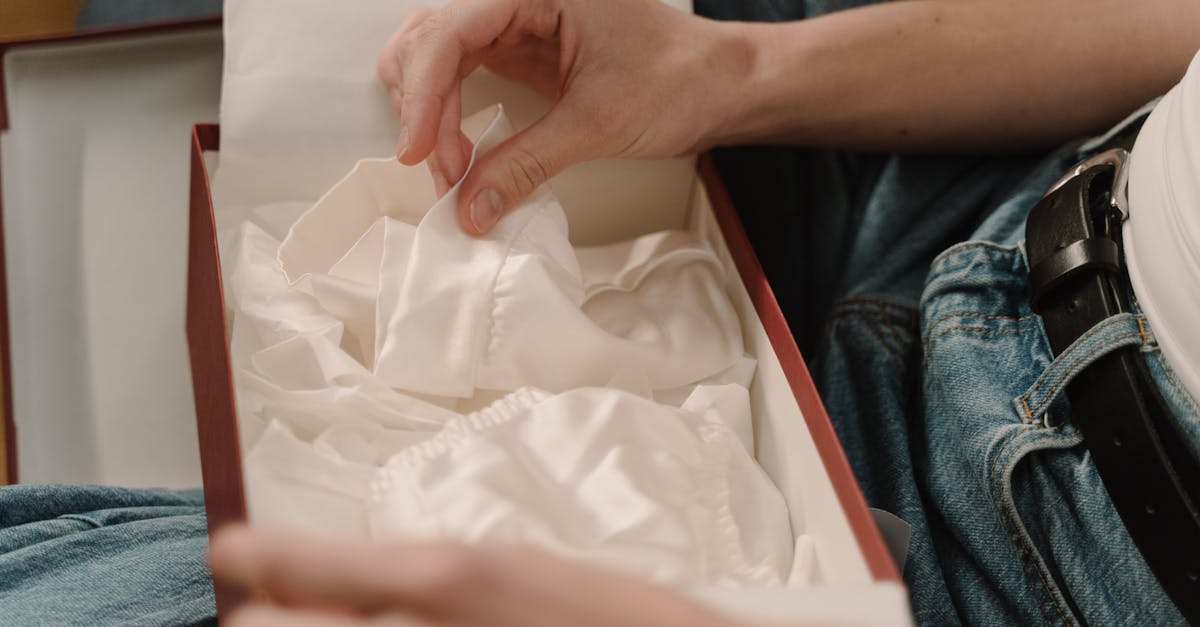
Advertisement
Reassembling the Furniture
Once the fabric is securely in place, start reassembling the furniture as per your reference photos or notes. Be methodical and patient, ensuring every piece is correctly aligned. This stage is the final preparation for unveiling your revitalized furniture, making it important to ensure everything is sturdy.
Advertisement
Finishing Touches and Tips
Inspect your work to ensure all corners are neatly tucked and secured. Trim any excess fabric and add decorative touches like upholstery nails for an elegant look. Maintaining your newly upholstered item ensures durability, so follow care instructions for the fabric, keeping it clean and fresh.
Advertisement
Conclusion
Reupholstering furniture is a fulfilling way to revamp your home while expressing personal style. With patience and creativity, even complex pieces can become DIY masterpieces. Embrace this rewarding craft and see your old furniture in a fresh, vibrant light.
Advertisement
